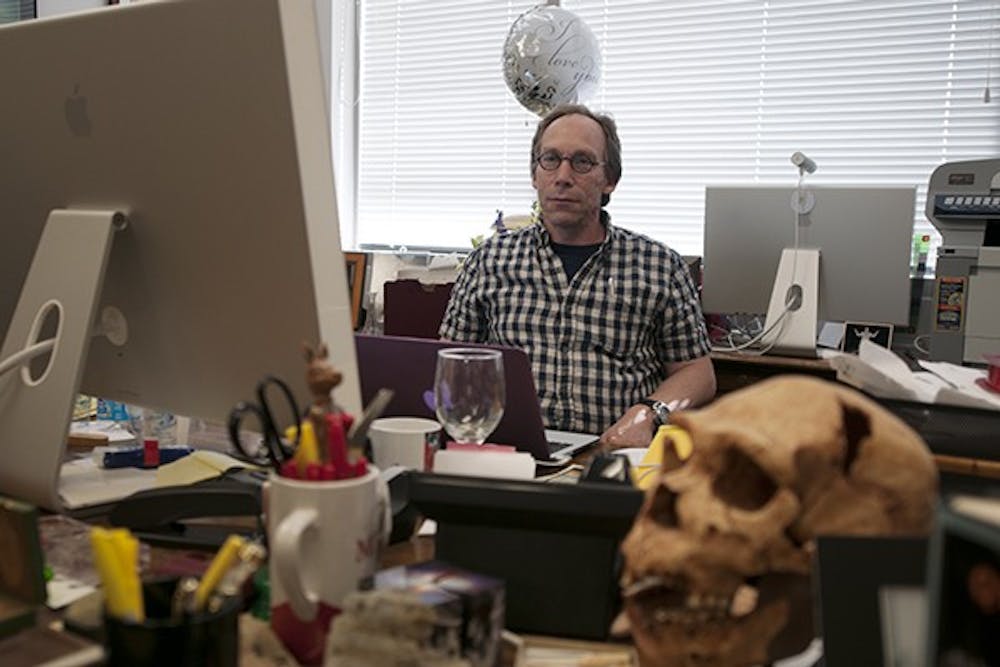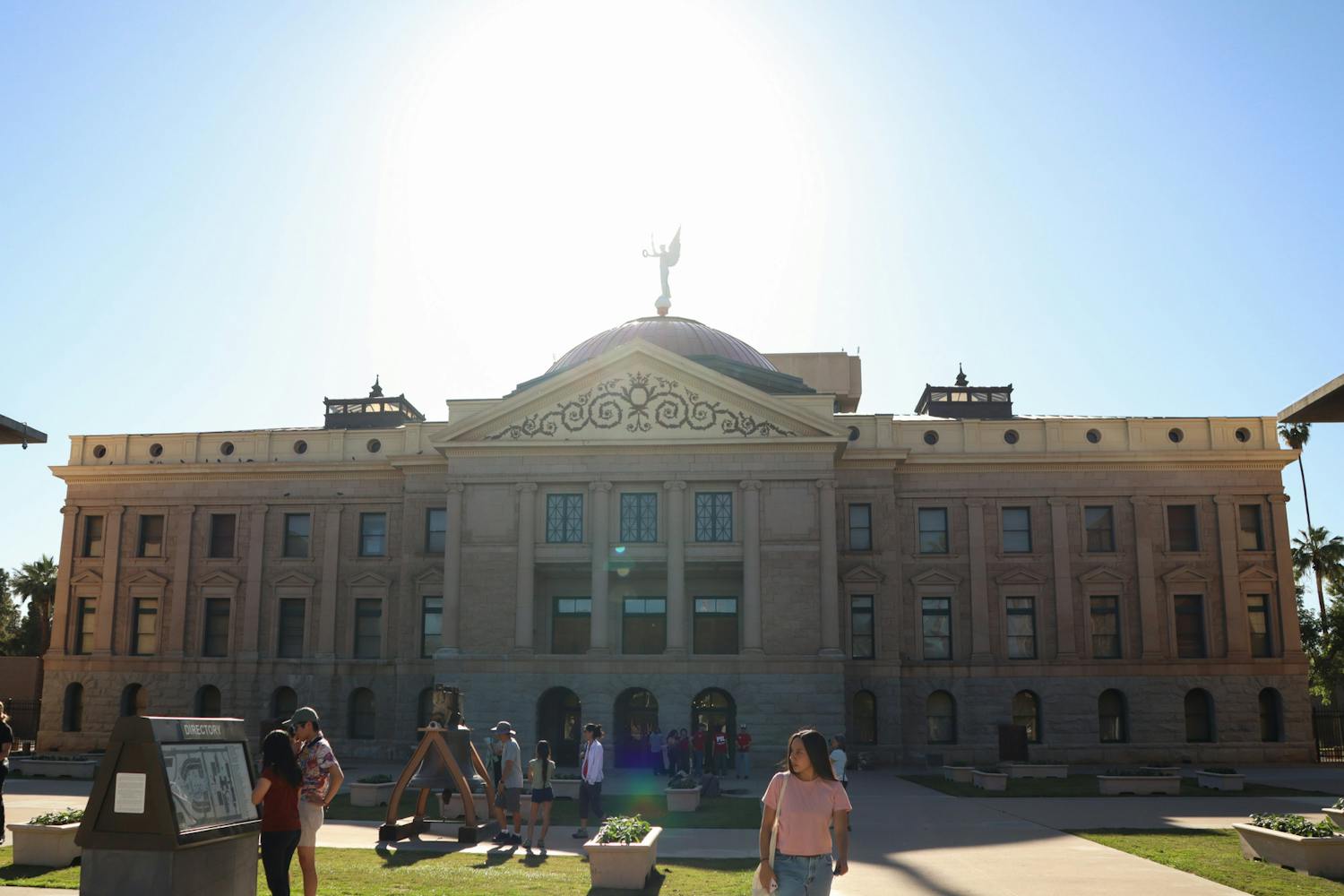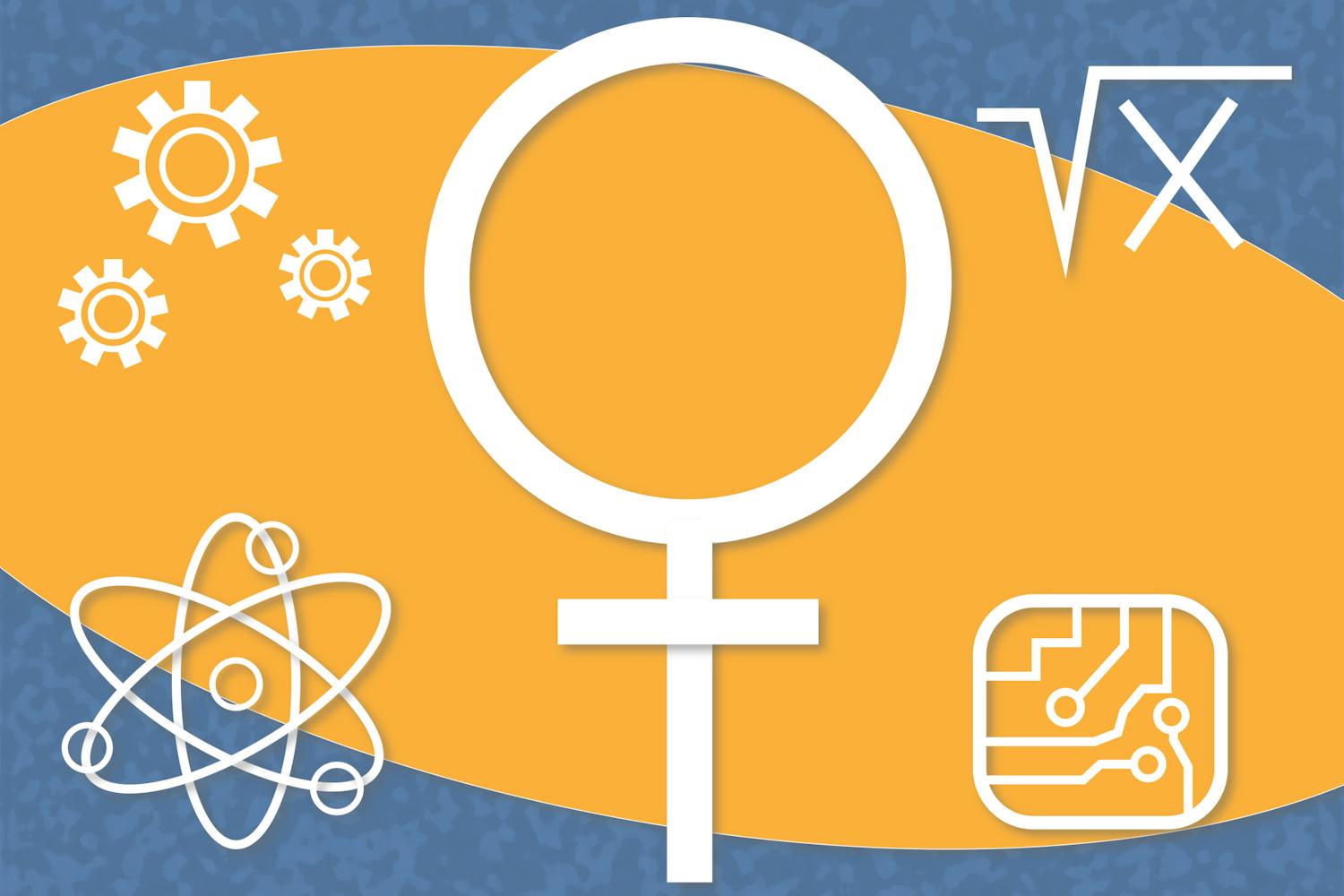"Who we are and where we come from?" are the types of questions the Origins Project seeks to answer. Origin's director, Lawrence Krauss, explains the multifaceted aspect of the project that aims to improve education, research and bring some of the world's greatest minds together. (Photo by Mario Mendez)
An esteemed physics professor at ASU’s School of Earth and Space Exploration was inducted into the International Academy of Humanism, a prestigious multinational organization of science-minded individuals.
Lawrence Krauss, who has been teaching at ASU since 2008, said he was honored by his selection as an Academy laureate in late January.
“It’s a great honor," he said. "I mean, I judge these things by who’s in them, and there are a lot of people I have a great deal of respect for (in the I.A.H.). It’s a great group to be a member of, and I am honored to be an addition to it.”
The academy's membership is selectively composed of a maximum of 80 men and women at any given time, and among its 60 members are many well-known university professors, authors and politicians. A number of these members are Nobel Laureates.
The organization was created by the Council for Secular Humanism as a means of recognizing prominent members of society who have contributed to the dissemination of humanistic ideals such as the use of free inquiry and scientific method in the pursuit of knowledge, and it emphasizes the importance of the advancement of the human race through science and rational thinking.
Although he does not define himself as an atheist, Krauss nonetheless takes pride in the application of agnostic philosophy in his work as a scientist and an educator.
“I get lots of testimonies every day about how I’ve changed people’s lives — about how they were mired in myth and superstition or guilt ... and about how opening their minds has freed them in a way that has encouraged them to take joy in the understanding of the universe,” he said.
Krauss regards adversely the apparent gap between the methodical study of the material world and the majority of the people who populate it, and he has made it his personal mission to bridge what he describes as the chasm between science and popular culture.
“People think that while you don’t have to be a musician to like music, or a writer to like drama, or an artist to like art, somehow you have to be a scientist to like science or to even appreciate it,” Krauss said.
Perhaps the most prominent way in which Krauss is attempting to bridge this divide at ASU is through the Origins Project, an annual lecture series directed by him and Associate Director Manfred Laubichler designed to explore fundamental questions about the past, present and future of human kind.
The series, which premiered in 2008, launched its first event of 2014 on Feb. 1 with the lecture titled, “The Great Debate: Parallel Realities.” The Great Debate filled Gammage Auditorium with several thousand eager listeners, including astrophysics junior Isaac Meisenheimer, a long-time supporter of Origins who became officially associated with the project in fall 2013.
“I feel that one of the biggest problems with communicating science is the barrier that exists between researchers and the public," he said. "Origins brings the two together and encourages asking questions and looking for answers."
Krauss said his work connecting ASU students and the greater public to science through the Origins Project might have been a significant factor in his selection as the newest laureate of the International Academy of Humanism.
Laubichler, a professor at the School of Life Sciences, said he agrees with Krauss’s venture.
“Lawrence is a tireless promoter of enlightenment values through his books, talks and our work here at Origins," he said. "(Considering that) enlightenment values are at the core of what we call humanism, this induction is a very well-deserved recognition of his work and his passion.”
Reach the reporter at megannphillips@asu.edu or follow her on Twitter @megannphillips




